ATL is now Confience
Read MoreThe Leader in LIMS
Accelerated Technology Laboratories, Inc. (ATL) is a technological
leader in Laboratory Information Management Systems (LIMS).
We provide affordable world-class software solutions, consulting services,
technical support and hands-on training to Fortune 500 companies and laboratories.

Sample Master LIMS accelerates accurate reporting, multiplies productivity, increases operational efficiency, and provides unparalleled data security for your laboratory.

Building upon two decades of laboratory informatics, TITAN is the next generation in Laboratory Information Management System (LIMS).

Set your customers up with a Result Point account and they will be able to access their data 24/7.
Industries We Serve
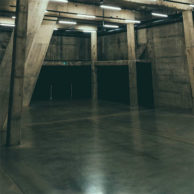
Industrial Hygiene
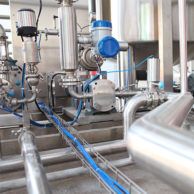
Manufacturing

Energy
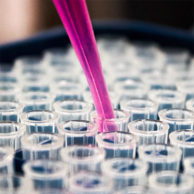
Forensics

Cannabis
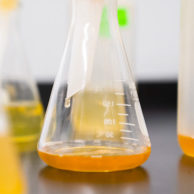
Chemical

Food & Beverage
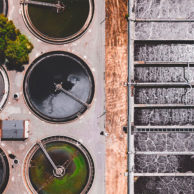
Water & Wastewater
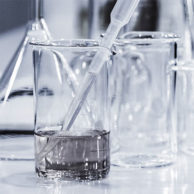
Biotech, Pharma, & Health
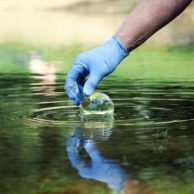
Environmental
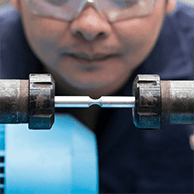
Materials Testing

Agricultural & Farming

Testimonials
Result Point has eliminated time-consuming status calls to the laboratory. Now customers can log in to the secure site and get results 24/7. Result Point has enabled customers to respond to problems and take corrective action right away, instead of waiting for the printed report. They can track their results as soon as they become available!
As we expand our accreditation to branch labs around the country, we have found that TITAN® is instrumental in ensuring uniformity in method procedures and data collection across all labs. We can set the incubation requirements and supplies or reagents required for proper traceability for each method used by all labs. We have centralized control of TITAN® and can modify settings instantly across all labs in real-time.
ATL’s TITAN® LIMS is our stepping stone to NELAC accreditation with audit control and built-in Root Cause Analysis. TITAN Report Designer gives me unlimited access and review of data, QC, schedules, maintenance, and more.

Our Quality Policy Statement:
Accelerated Technology Laboratories, Inc. is dedicated to the design, manufacture and service of Information Systems. We believe quality is defined by our customers. The direct measure of how well we are delivering on our quality commitment is the degree to which we meet our customers’ requirements and expectations.
Our employees are integral to the execution and improvement of our Quality Management System. Fulfilling these expectations can only be accomplished through the continuous improvement of: our process, products, services, and support activities as defined in our Quality Management System.
Software as a Service (SaaS)
Cannabis Lab Compliance
Support


